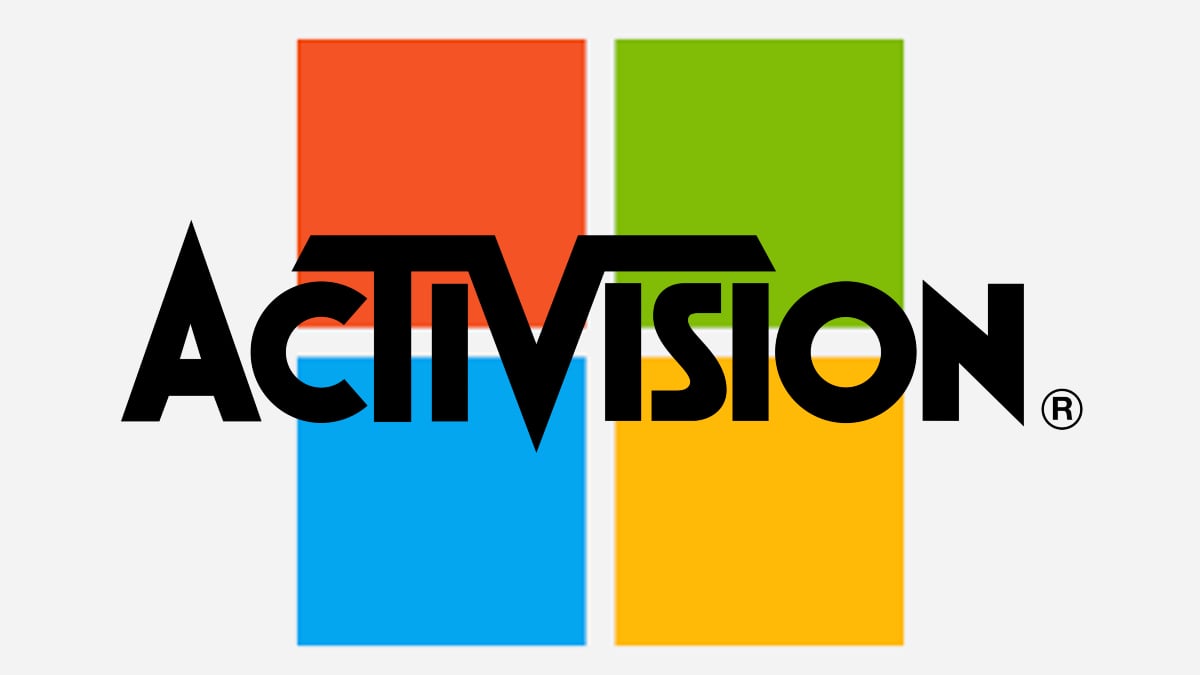The events surrounding Microsoft‘s proposed acquisition of Activision Blizzard for a staggering sum of $68.7 billion have garnered a lot of scrutiny over the past year. Now, after winning the Federal Trade Commission case and inching closer to an agreement with the U.K. Competition and Markets Authority, Team Xbox is poised to take over behemoths like Call of Duty and World of Warcraft in one fell swoop. But what do we know about the acquisition and the reaction it has spurred in the gaming world?
For years now, the industry has been tentatively edging towards the dreaded practice of consolidation, with major publishers like Microsoft and Sony gobbling up smaller businesses to add previously independent IPs to their own roster. The raging console wars in the ongoing ninth generation don’t help matters either. The fiercer the competition, the stronger every juggernaut’s inclination to strengthen its market position.
Many of us assumed that it couldn’t possibly get any worse than Microsoft’s decision to buy the entirety of ZeniMax Media (the parent company of Bethesda Softworks) for $7.5 billion. But that would prove to be only the beginning for Xbox and its expansion plan. Here’s everything you need to know about the Activision Blizzard–Microsoft merger.
Is Microsoft buying Activision Blizzard?

Microsoft first dropped this bombshell in the January of 2022, suddenly announcing to the world that it had reached an agreement with the Activision Blizzard board to buy the company for a jaw-dropping $68.7 billion. At first glance, that might sound like an egregious sum of money. A stupid amount, even. But considering the fact that Activision ends its fiscal years with roughly $10 billion in revenue, with Call of Duty alone accounting for billions of that across all platforms, it becomes obvious why many corporations with the means would jump at the opportunity to bring Blizzard’s popular franchises under their own umbrella.
But due to that very popularity, Activision isn’t just any old game publisher. Since the Call of Duty owner is one of the biggest game distributors in the world, concerns were almost immediately raised about whether Microsoft’s move would indirectly lead to monopolization in the gaming industry. Even now, Sony remains adamant that with Activision Blizzard in its pockets, Xbox will become an unstoppable force and tip the balance, at least in terms of revenue, in Team Green’s favor.
Were it not for the stupifying scale of this merger, the deal would’ve been approved long ago, but regulators like the Federal Trade Commission and Competition and Markets Authority moved in to effectively block it. The result was a very tedious legal battle where both sides presented their arguments and even blundered their way to spilling the beans on several confidential behind-the-scenes affairs.
Eventually, the court denied the FTC motion, and the regulator withdrew its challenge. The European Commission also gave Microsoft the green light to proceed on May 15, leaving the company to contend with the CMA. And apparently, after months of bickering and going back and forth with half-hearted media jabs, the two have finally reached an agreement, whereby Xbox will give the streaming rights to Activision Blizzard games over to Ubisoft’s cloud service, Ubisoft Plus. This seems to have appeased the CMA, since their main complaint was over Microsoft’s potential domination of the cloud streaming sphere. The U.K. regulator is still going to investigate the merger though, further pushing back its finalization to late 2023.
All in all, it seems that Microsoft will eventually get this deal approved, gaining ownership over every Activision Blizzard title already out or currently in the wings, while also welcoming thousands of game designers from over a dozen studios to the Xbox family. But what will happen to the actual games, namely Call of Duty, and can we expect to see them on Game Pass soon?
Will Call of Duty come to Game Pass?

What would be the point of going through all that trouble if Microsoft wasn’t allowed to bring the Activision Blizzard roster to its growing platform? Call of Duty, in particular, was a major concern for the competition. Sony already has a deal in place with Activision to get the next two installments in the franchise to release on PlayStation, but what will happen beyond that?
Well, during the course of the FTC court hearings, Microsoft and Sony reached an agreement that will compel the former to keep Call of Duty on PlayStation for the next 10 years. That doesn’t say anything about Game Pass, however, and Microsoft should be able to release Activision’s games on that platform if they wish it, provided the deal gets the final stamp of approval from the CMA.
While there’s no telling when that will happen, we can expect the entire Call of Duty lineup, along with dozens of other Activision Blizzard games, to slowly make their way to Game Pass and actually stick around. It happened with Bethesda’s numerous games, so there’s no reason to think that it wouldn’t with Activision. In fact, we’re willing to bet Microsoft is counting on Call of Duty to substantially bolster Game Pass subscriptions, especially now that a new installment, Call of Duty: Modern Warfare III, is on the horizon.
That doesn’t mean you can’t buy the new Call of Duty games on PlayStation, but given the choice between spending $70 dollars on a single game or double that on a year-long subscription of Game Pass, which gives you access to hundreds of games, we know what we’d choose.
Will mergers and acquisitions in the gaming industry continue?

With Microsoft buying Activision Blizzard and Sony acquiring Bungie, and both companies professing that they aren’t done by a long shot, we can expect to see other acquisitions of this nature in the near future. Microsoft might not dip its toes into that troublesome water for some time yet, but that doesn’t mean they’ll stop the practice altogether. As for Sony, it’s only a matter of time before the company announces its next big acquisition, and coming hot on the heels of Microsoft bagging Activision, there isn’t anything anyone can say to stop it.
Only time will tell if this string of acquisitions bodes well for the future of the industry, but for the time being, they seem to be the trend that keeps the cogs turning.

